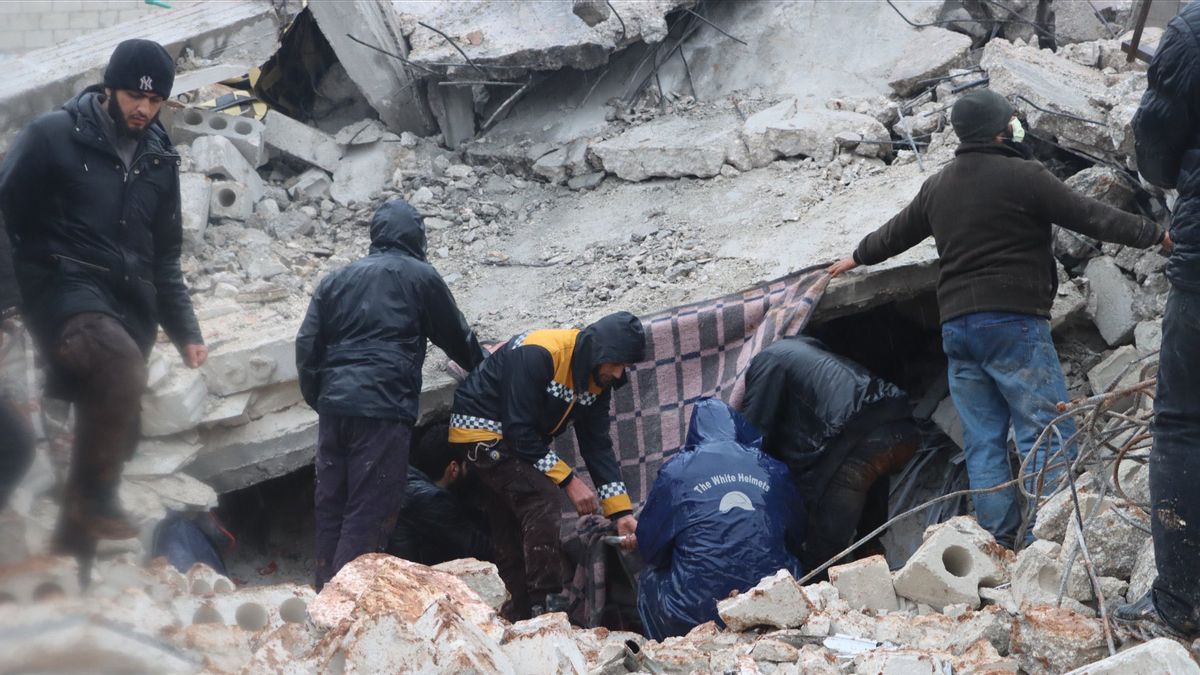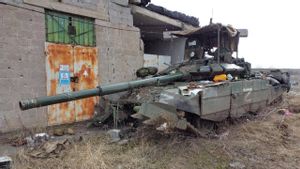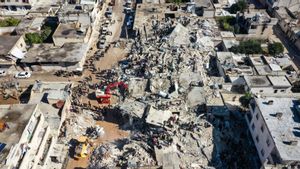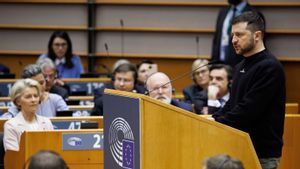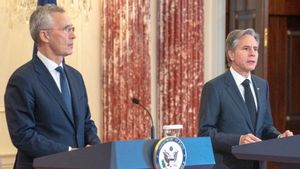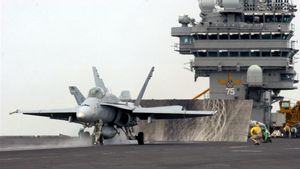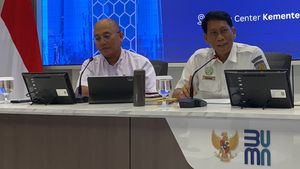JAKARTA - The United States on Thursday said Russia was largely to blame for the complications of delivering aid to Syria, during the conflict and especially after this week's devastating earthquake.
"Unfortunately, the reality is that until now, at least one country has stood in the way," State Department spokesman Ned Price said, citing The National News February 10.
This has been a contentious issue at the United Nations, where the Security Council must regularly debate and approve aid access through the Turkey-Syria border crossing, with Russia having threatened approval as an ally of Syria.
"There's only one reason there can be only one border crossing point: It's because the Russian Federation has consistently vetoed or abandoned efforts to open additional border crossings," Price criticized.
"Now, in recent years, we have gone through the unnecessary exercise of reauthorizing a single border crossing vote in the UN Security Council," Price said.
"We have always been of the opinion that there should be a longer duration for the authorization of these border crossings and there should be more than one border crossing," he said
Currently, Bab Al Hawa is the only route to the northwestern region of Syria for the delivery of aid to areas free from government control, as Damascus believes all aid must pass through it.
Many accuse the UN process of being "politicized", while so many Syrians are in need.

Earlier, UN Secretary-General Antonio Guterres had hoped to expand relief operations in Syria, with the addition of more border crossings.
Meanwhile, the Syrian opposition and the Turkish government have agreed to add earthquake response routes, a move not seen in years.
The US has also emphasized that the Syrian government under President Bashar Al Assad has a role in limiting humanitarian work, and using this assistance only for government-controlled areas.
"We call on the Assad regime to immediately allow all humanitarian aid to enter through all border crossings, and to allow humanitarian access to all people in Syria in need, without any exceptions," Price said.
The State Department continues to try to combat the belief that US sanctions are preventing aid work in Syria, he continued.
"There are many hurdles to overcome when it comes to providing humanitarian and Syrian assistance, and especially after this week's devastating earthquakes, but our serious sanctions policy doesn't include that," Price said.
The death toll following the earthquakes that hit Turkey and Syria on Monday has risen to at least 21.051, according to authorities.
In Turkey, the death toll has risen to at least 17.674, and the number of injured has reached 72,879, Vice President Fuat Oktay said Thursday, as reported by CNN, February 10.
SEE ALSO:
Meanwhile in Syria, at least 3.377 people have died, including 2.030 in rebel-held areas in the northwest, according to the White Helmets civil defense group, and 1.347 deaths in government-controlled parts of Syria, according to Syrian state media.
The number of people injured in Syria in all affected areas rose to 5.245, 2.295 in government-held areas and 2.950 in rebel-held areas.
At least 78.124 people in Syria and Turkey were injured after the quake, according to figures from the Turkish government, the White Helmets and Syrian state media.
The English, Chinese, Japanese, Arabic, and French versions are automatically generated by the AI. So there may still be inaccuracies in translating, please always see Indonesian as our main language. (system supported by DigitalSiber.id)
